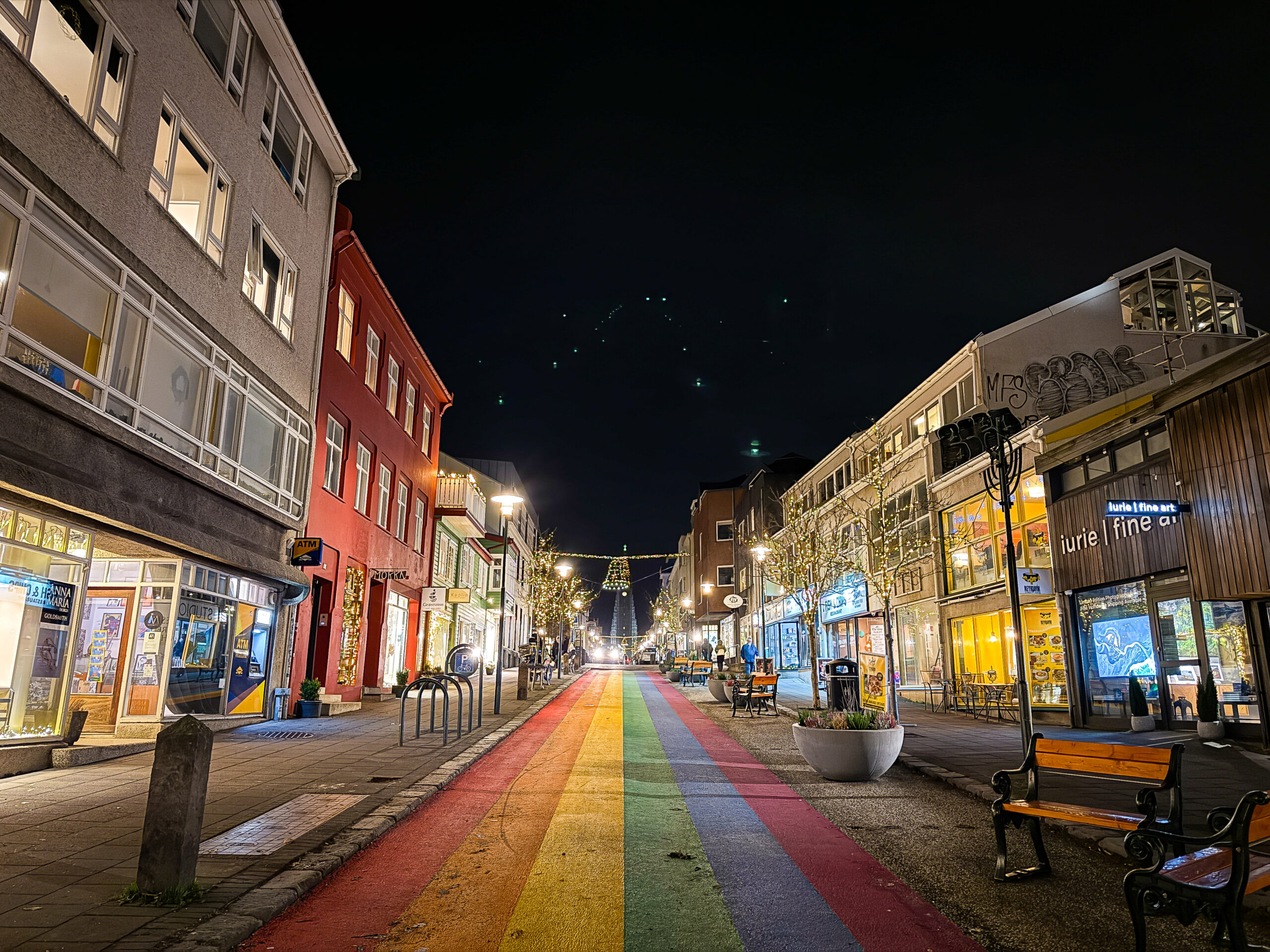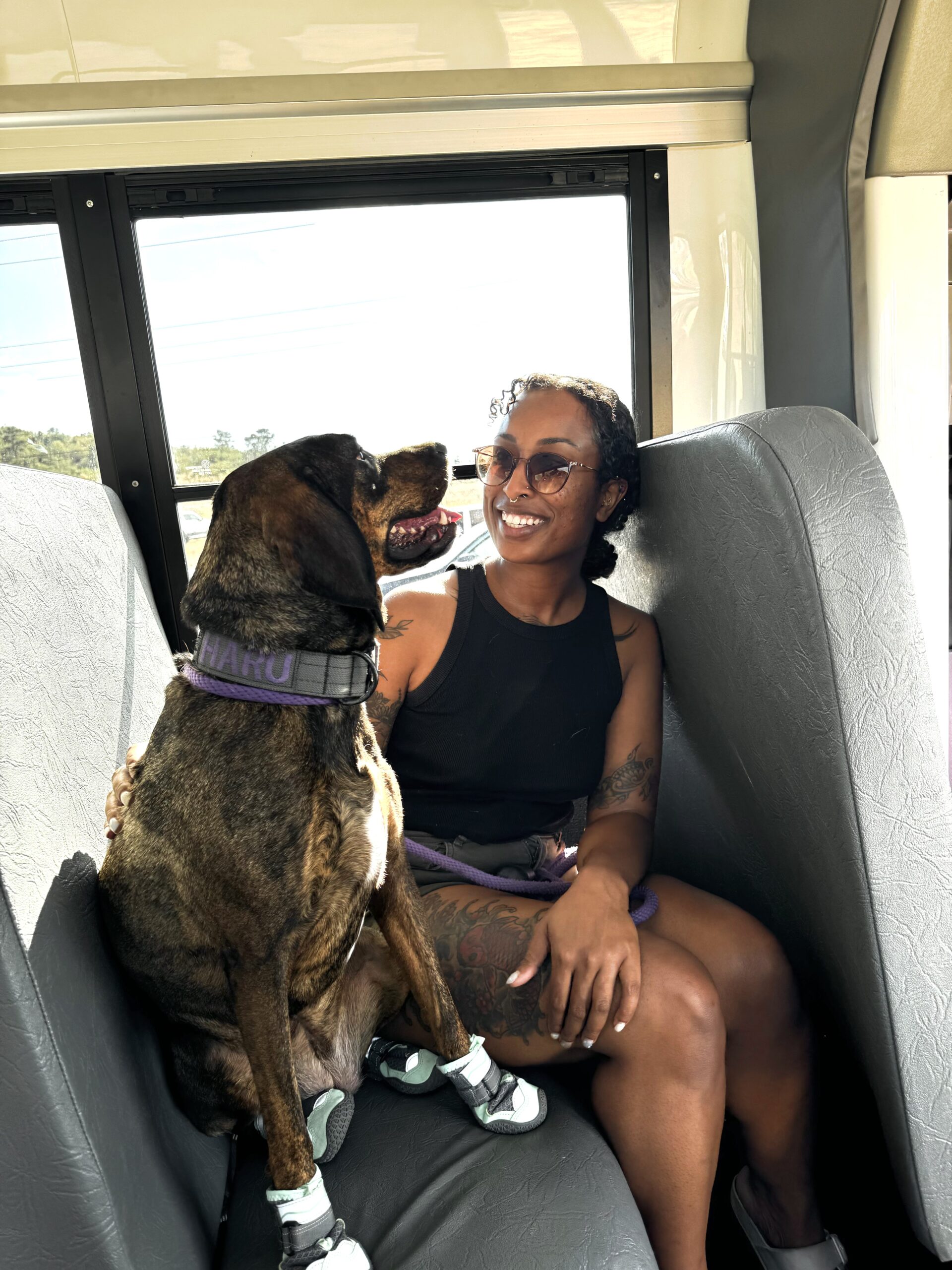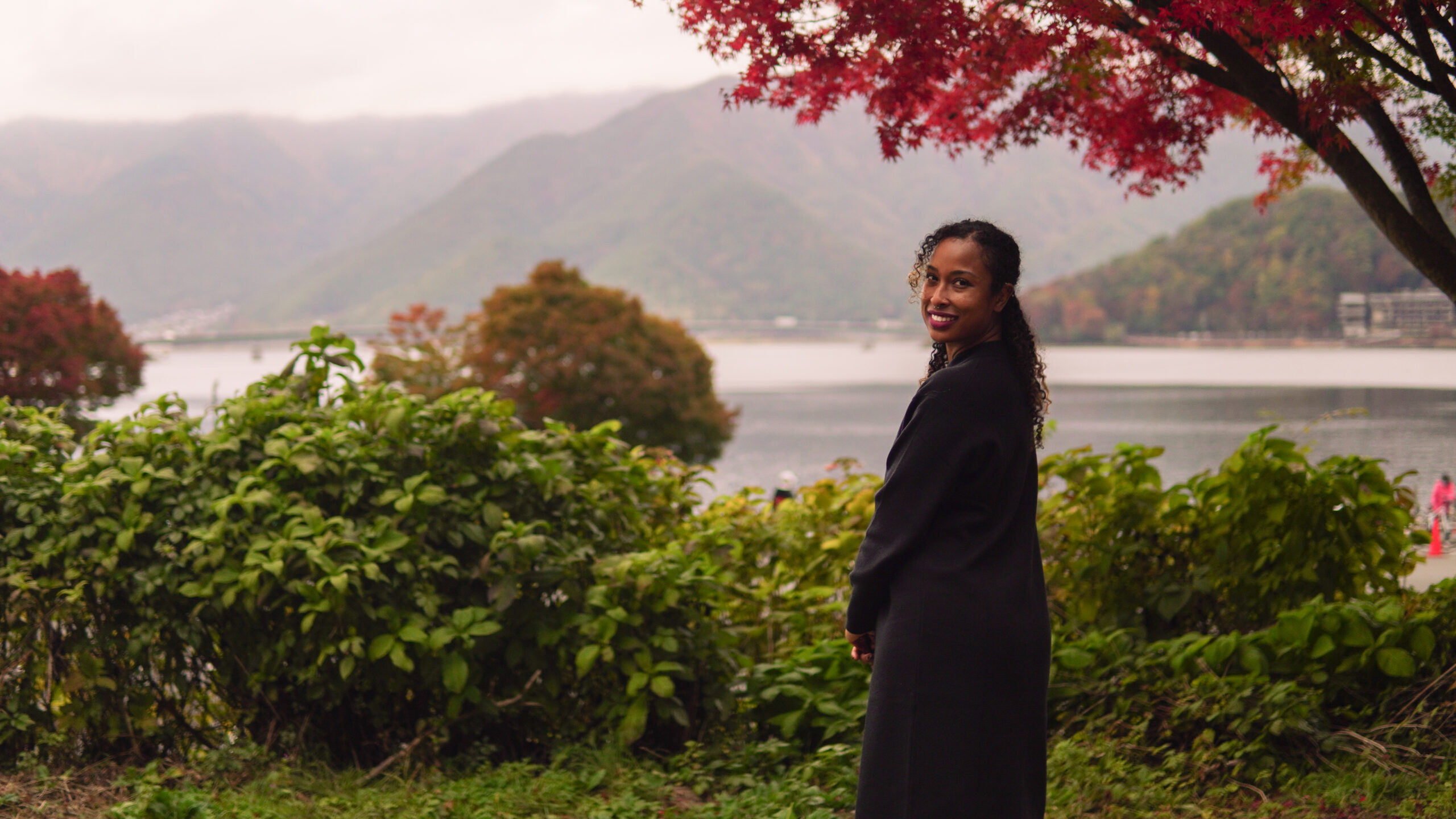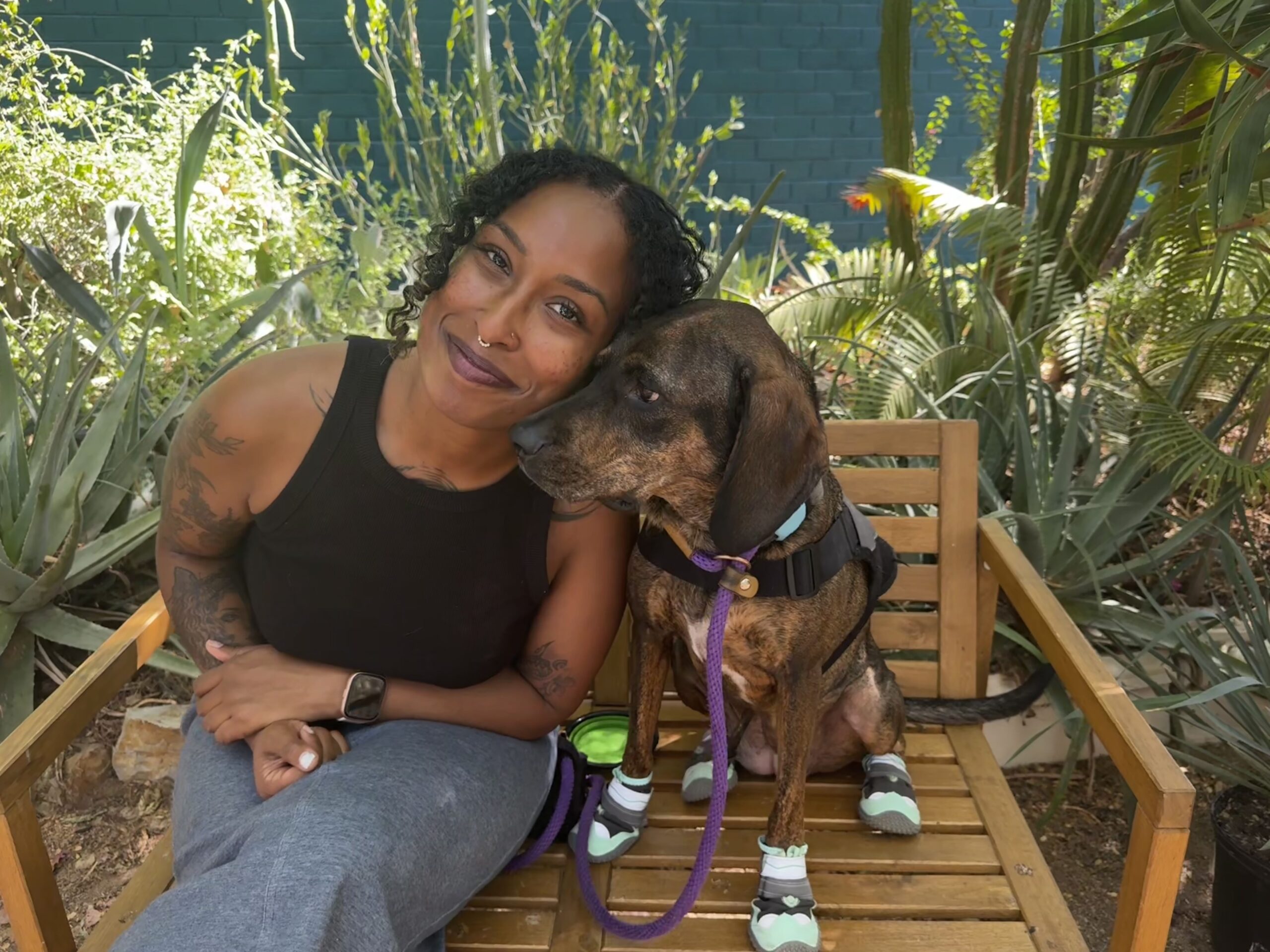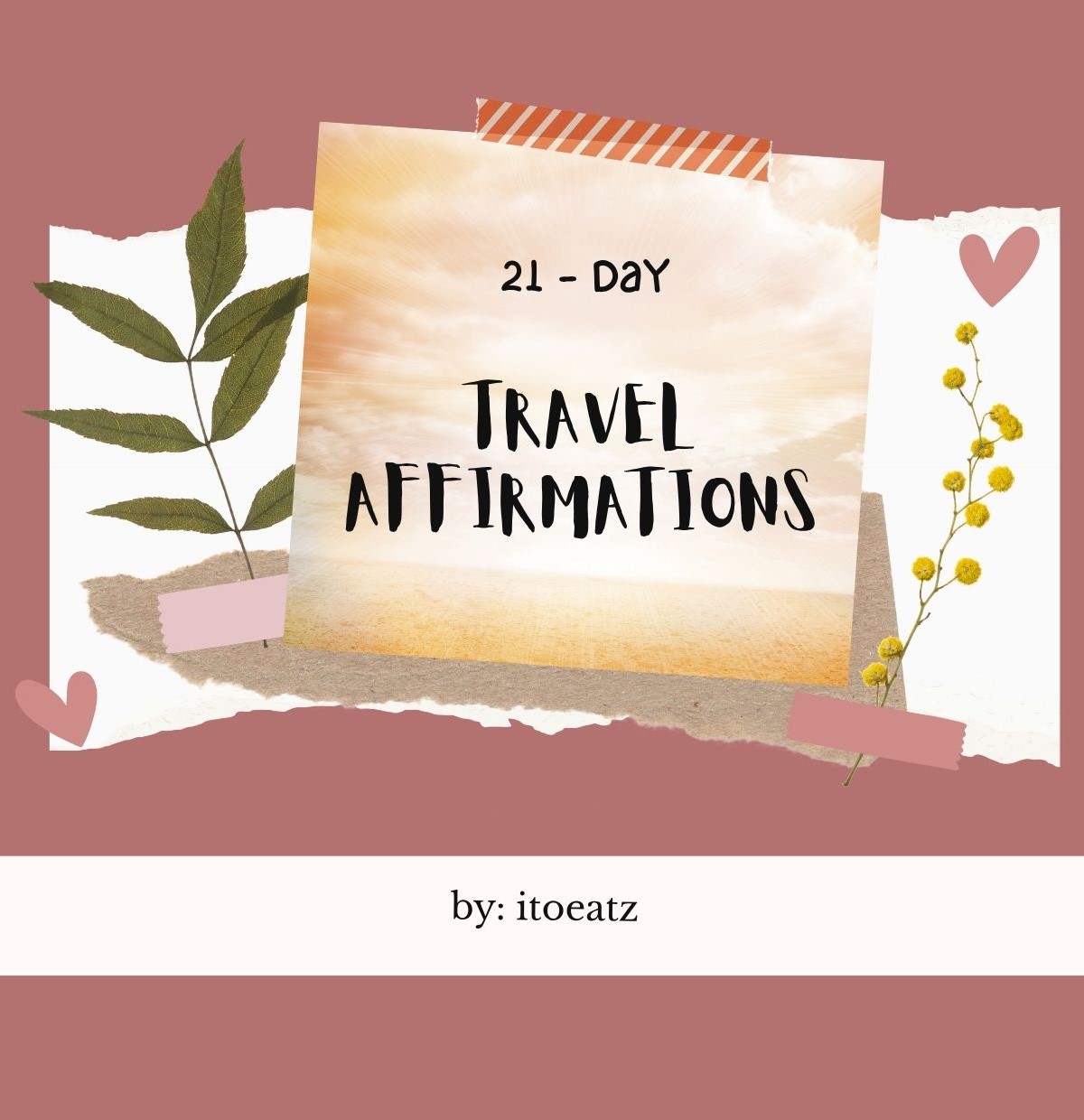I didn’t take my first solo trip because I was fearless. I went because I felt deep down inside that it was long overdue. I had been waiting for the perfect time and the perfect version of me that never seemed to be “ready” enough. When I finally left, I realized the point was not to be ready. The point was to just go.
If you have been feeling a quiet (or loud) pull to step away and reset, these signs may be speaking to you. I am sharing what each one has looked like in my real life, along with small ways to begin.
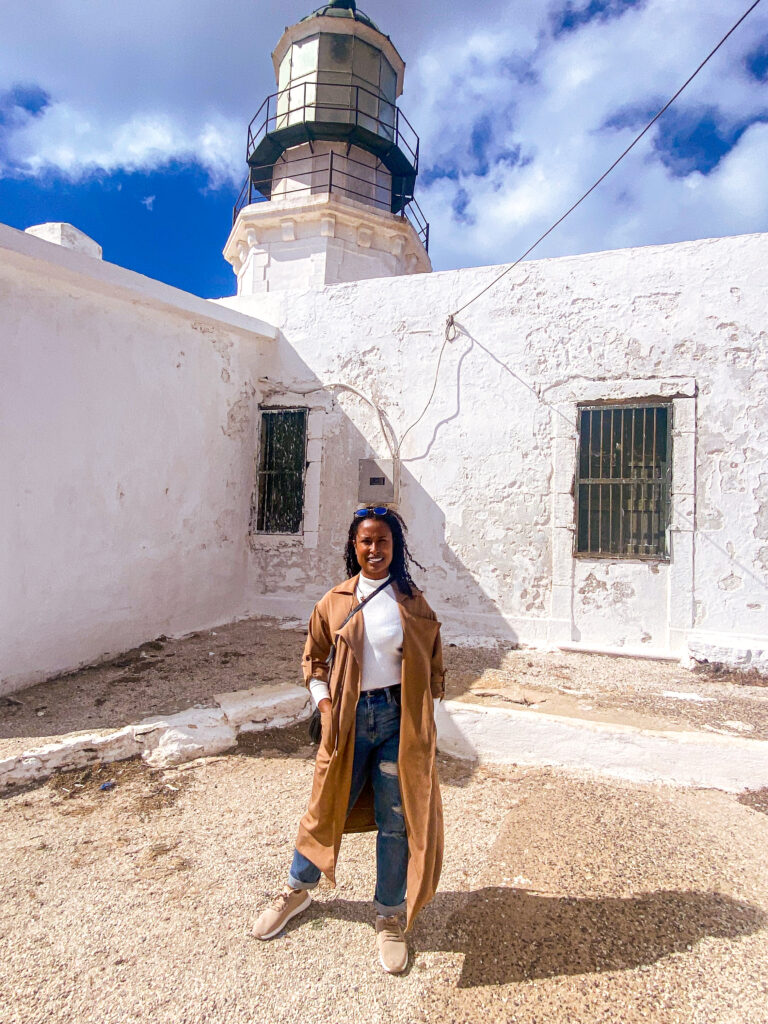
1. You feel disconnected from yourself
There was a long stretch of time where, without even realizing it, I showed up everywhere but for me. I hit every deadline, answered every text, and still crawled into bed feeling like a stranger in my own life. After moving to Japan on my own, I started to notice something. For the first time in years, I could actually hear myself think. I could feel my chest rise as I inhaled. I wasn’t being interrupted with phone call after phone call, text after text. But when the noise stopped, I realized how much I had relied on it.
It was uncomfortable at first. I would fill every gap with sound—music in the shower, podcasts on the way to work, videos while I cooked—anything to avoid hearing the voice(s) inside my own head. The first night alone in a new place felt unfamiliar, but strangely enough, not uncomfortable. I noticed my muscles start to relax. I suddenly felt tired in a way that sleep alone could not fix, but to my surprise, I slept soundly nonetheless.
And this was only amplified once I started traveling solo. Partially because I seldom had internet service at the time, let alone phone service for people to reach me (Now, I use Airalo when I travel, so I don’t really run into that issue). And partially because I learned that I didn’t need to be accessible at all times. I didn’t need to constantly fill my world with noise. Honestly, sometimes I miss the peace that came with being unreachable.
Why it matters: Disconnection often comes from decision fatigue and constant stimulation. Solo time lowers the volume so you can notice what you actually want, and more importantly, what you need. Your nervous system settles when your environment is calm and even unfamiliar in a good way. Your brain leaves autopilot and your senses wake up.
Try this: Plan a half day or even just a few hours with no obligations. Walk a new neighborhood, go to a park or café, take your journal, and let your pace be slow on purpose. Take note of what feels good, what catches your interest, what sparks joy for you. Then choose one part of your next day to be completely quiet. No headphones, no background TV. It can be twenty minutes or a few hours. Just enough time to notice what shifts in your body, your thoughts, and your mood.
2. You keep waiting for someone to go with you
I have to be honest, this one never proved to be a huge issue for me. You see, before I moved to Japan in 2016, I had my group of girls I always spent time with, made plans with, randomly would pick up and go out to eat with, etc. So I suppose you could say we were pretty intentional about doing things together. But once I moved to Japan alone, the solo activities and exploration just kind of came natural to me. Out of necessity at first, surely. But it never felt forced because my curiosity took precedence and drove me to explore, despite not having anyone to join me.
Too often, people tell me about delayed trips and even cancelled trips because of other people. Schedules never aligned, people changed their plans, you name it. And there’s always a huge part of me that wants to scream, “Who cares what they’re doing..just go by yourself!” But I have to remind myself that this may not, and usually does not, come naturally for most people starting out. Not to mention, it’s not always the most accessible. So what I do like to remind these people, and YOU, is that you can be both cautious and brave at the same time. Alone, but fulfilled. You do not have to negotiate your joy because of others.
Why it matters: Waiting for the perfect crew often becomes a way to avoid the risk of choosing yourself. Forget the trip making it out of the group chat…be your own group chat!
Try this: Choose one place that feels manageable. A nearby town, a train ride away, or a short flight with simple logistics. Book one night. Let it be small and successful.
3. Your routine feels too rigid
There was a time when every single day looked the same. Same coffee. Same meal preps. Same work schedule. Same after work routine. And honestly, I would tell myself I couldn’t complain because, hellooo, I was living in Japan!! On paper, I was living the dream (my dream), but I couldn’t help but feel that my life had somehow become so mundane. It wasn’t until I started beginning each day with intention that I noticed my overall feeling had improved so much. Sure, my job didn’t change, and I still kind of stuck to the same meal preps and the same morning coffee/afternoon tea. But the way I saw the world around me changed. I started to notice the beauty in a language that I was learning. I noticed how the light changed over the river during my morning runs before work. I noticed the care that went into every detail of each dish I ate when I ate out. And I would intentionally go someplace new each weekend I had off. It didn’t have to be far or dramatic, just new.
I say this to say that even when there’s nothing inherently “wrong” with where you live and spend most of your days, sometimes you really need to just get away and experience something brand new. And other times, you just need a change in perspective.
Why it matters: Novelty creates new emotional data. Your brain loves patterns, but your spirit needs fresh inputs.
Try this: Swap one go-to habit for something new. Work from a café. Light the candles for a solo dinner at home. See how these small changes can shift your mood and take note.
4. Being alone scares you
It scared me too, but intrigued me in a way, as well. I worried about safety, boredom, and awkward dinners. What I found was a version of myself I actually really liked. Careful. Alert. Curious. Calm. I learned my own company was not empty. It was unique, it had substance. And so does yours, even if you don’t realize it yet.
Why it matters: Confidence grows from evidence and experience. One safe solo experience can turn into many
Try this: Take yourself out for a simple solo date in your town/city. Start with daylight hours. Choose places with people around. Choose places you’ve been before. Share your location with someone you trust. Build your confidence step by step. If fear is what’s stopping you, see How to Travel Solo Without Fear: Tips I Wish I Knew Sooner.
5. You care too much about what people think
I used to go on and on (in my head and out loud to myself) about how I would be judged if I did this, ate that, posted that. Would taking selfies by myself make me look like a loser? Would changing plans last minute make me look indecisive and unorganized? Creating a profile on a dating app would most certainly make me look desperate. Gosh, I was so harsh on myself, so self-depricating. And to be honest, that’s still something I’m recovering from, but traveling solo taught me to give myself more grace and choose to do what’s comfortable for me and not what was acceptable for everyone else. I changed hotels mid trip and it was fine. I skipped a viewpoint and took a nap instead. Absolutely no shame.
Why it matters: The truth is judgement is going to come from all sides. It can be positive, it can be negative, it can be harsh af. It is inevitable no matter what you are doing or aren’t doing. People are naturally curious, inquisitive, and sometimes downright nosey. But when you remove the overpowering audience, you start choosing for you and your needs. And honey, you might not recognize it yet, but that’s confidence training in real time.
Try this: Practice one small, unapologetic choice each day. Dessert first. Sleeping in. A museum for ten minutes only. Leave when you feel like it, not when you’re expected to leave.
6. Inspiration feels far away
There was a stretch where I could not make anything I liked. Each idea felt staler than the last, and—to put it frankly—I was overwhelmed and unmotivated. On my morning hike in the Douro Valley of Portugal, I paused at an olive tree, filled with joy because I had never seen one in real life. After taking a moment to admire it, I continued on my journey and took a breath as I felt a clear thought suddenly surface. Not a big life plan. Just some inspiration and a next right step. That was enough to restart my momentum.
Why it matters: New places have the potential to reset your attention network. When you pay attention again, creativity follows. Perhaps not in the most obvious ways, but trust the process, love.
Try this: Set a tiny creative task during your next walk. One photo you truly love. One paragraph in your notes app about a single detail you notice. Let the inspiration come to you and build from there.
7. Your spark feels dim
Sometimes you can sleep and still wake up tired. Not just physically. Tired in your spirit. Tired down to your very core. Travel did not erase my stress, but it gave me proof that wonder was still out there for me. A quiet, soul-nourishing breakfast. A stranger who offered a genuine compliment. A view that made me stop walking for a second. Those moments added up and gave me these subtle reminders that I could still experience joy, true joyful moments. And for someone who has always struggled with mental health (and still does), that has literally changed the trajectory of my life and the way in which I saw my future.
Why it matters: Joy often returns in small doses. Solo travel gives those doses room to land.
Try this: Collect one small delight a day. Write it down. If you feel nothing, don’t beat yourself up about it—it’s normal. Go outside for five minutes and look for one thing that is genuinely beautiful.
8. You are avoiding your own thoughts
I used to scroll and do anything I could in an effort to avoid confronting my own thoughts. I found that when I was traveling and removed myself from my “usual” environment, I heard my worries clearly for the first time in months, and it turned out they were less scary than I thought. Concerning at times? Definitely. But naming them in a new place felt like setting them down on a clean table.
Why it matters: Distance makes your thoughts easier to observe. You can be kinder to yourself when you are not trapped in the same room with the same triggers.
Try this: Give your thoughts somewhere to land. A voice memo after (or during) a long walk. A journal note while you sip something warm.
9. You give to everyone except you
I love being dependable. I also know how easy it is to disappear into that role. Even from a very young age, my close friends would always describe me as the friend who had their back..that if anyone messed with them, they’d have to answer to me. But on my solo days after moving to Japan alone, I naturally became “less dependable.” I was no longer an eight-minute drive away with the ability to drop everything for anyone. So on my solo trips, I had to learn that what I needed was important too. It shouldn’t be forgotten or bypassed just because it was me. Water. Stretching. A quiet hour with no plans. A full day (or weekend) with my phone on do not disturb. And I started to notice that when I did reintegrate myself into my social life, family life, I was able to show up in a more capable and genuine way because I was not empty.
Why it matters: We’ve all heard this before, but it’s true—you cannot pour from an empty cup. Rest and solitude are not luxuries. They are maintenance. And all too often, they are taken for granted.
Try this: Pick one non-negotiable for your next trip, even if it is local. A slow morning. A mid-day rest. A meal without your phone. Protect it like you would protect someone else’s need.
10. You forgot what freedom feels like
Waking up with no schedule felt strange at first. Then it felt like oxygen. I learned I could change my mind without asking anyone. I could follow a small curiosity and see where it led. Freedom did not look wild or unattainabe. It looked gentle and well-deserved.
Why it matters: Autonomy builds trust in yourself. Trust reduces anxiety.
Try this: Design one free block on your calendar this week. No tasks. No appointments. Walk out the door and let interest lead you. Notice how your body feels when you choose YOU in real time.
11. You want to fall back in love with life
This is the truest sign. You want to feel awake again. You want a moment that makes you stop and breathe because it is just that beautiful. On the drive between valleys, I rolled the window down and let the air rush in. Nothing dramatic happened. I just felt present. That was the beginning.
Why it matters: Presence is the doorway to joy. Travel can hold that door open long enough for you to walk through.
Try this: Don’t wait for perfect. Pick a date that is soon. Choose a place that is simple. Keep the plan light. Give yourself a chance to meet the world as you are right now.
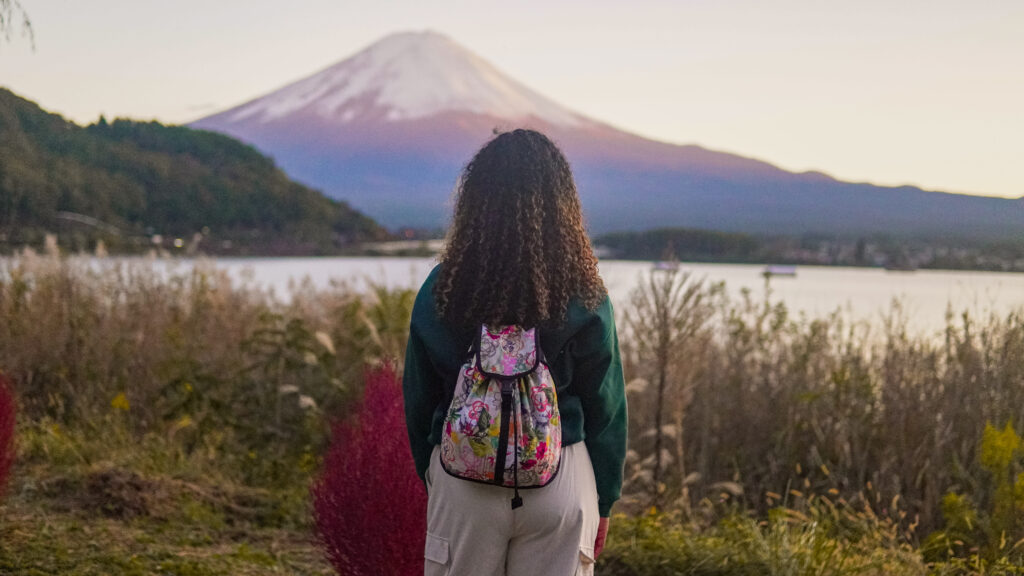
When you finally go on your first solo trip
When you finally go on your first solo trip, it won’t feel perfect. You’ll overpack. You’ll take the wrong train. You might cry once or twice. But somewhere between the first wrong turn and the first moment of real quiet, something inside you will shift. You’ll stop searching for the version of yourself that was “ready” and start loving the version that just went anyway. You’ll see that it was never about being fearless, it was about being honest—admitting that you needed change, space, and peace, and choosing to find it on your own terms.
When you finally go, it won’t be perfect, but it will be real. And that’s all a first solo trip ever needs to be.



